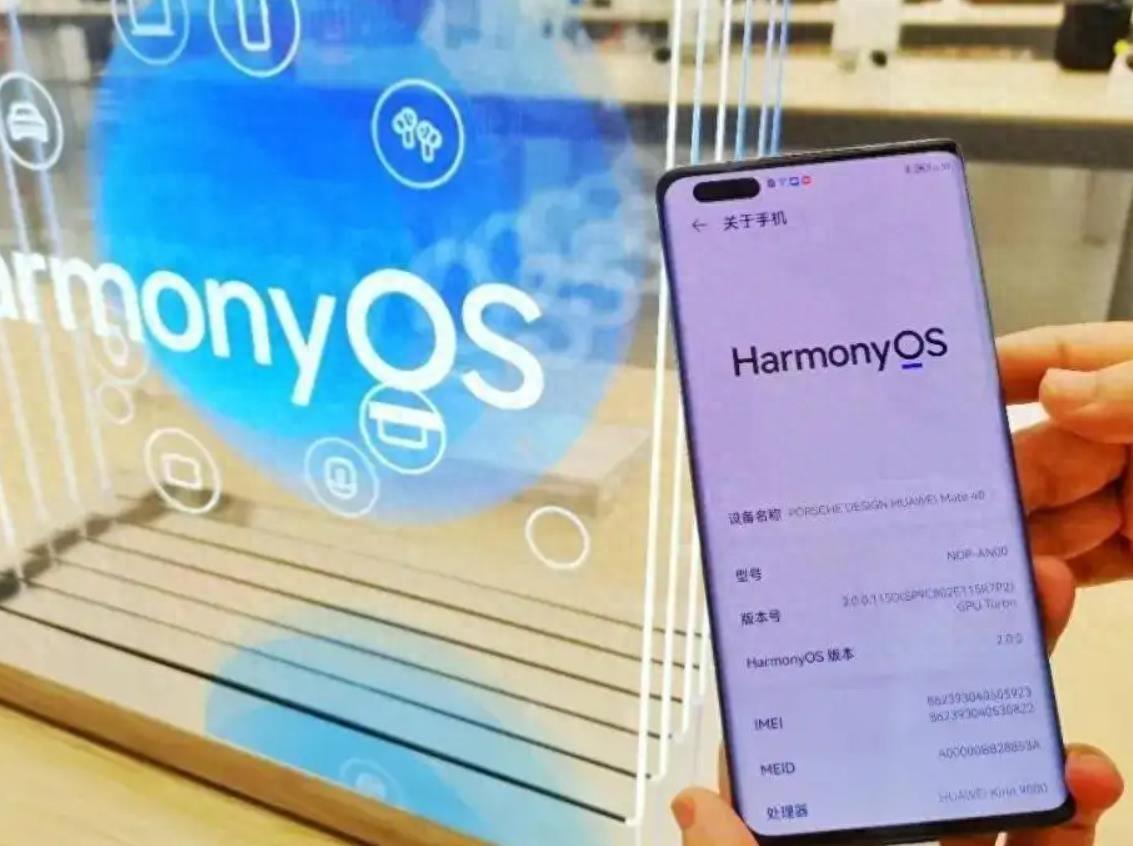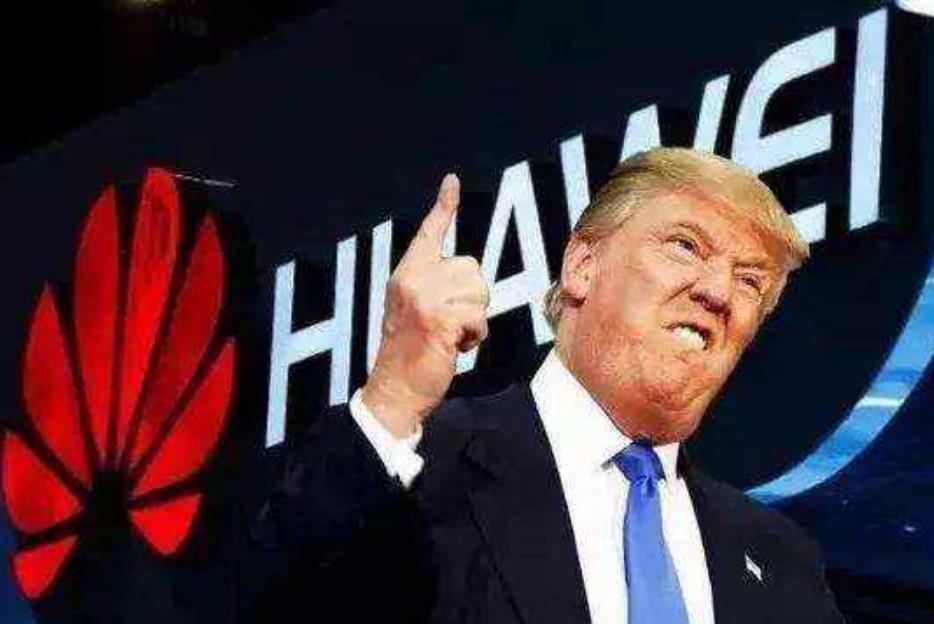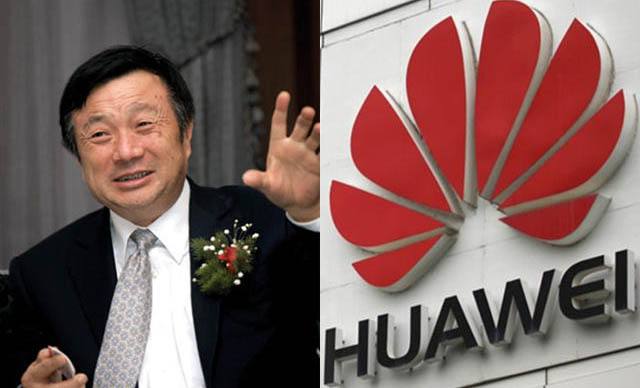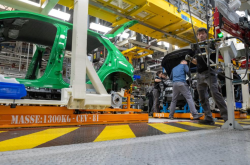Huawei HarmonyOS's success owes at least half of its credit to the United States. Without suppression, it would be difficult to succeed
![]() 10/05 2024
10/05 2024
![]() 533
533
Whether everyone admits it or not, Huawei's HarmonyOS is already considered a success.
From a timeline perspective, it was actually initiated internally by Huawei in 2012 and officially released as version 1.0 in August 2019.
It wasn't until 2021 that version 2.0 was released, and in October 2024, the HarmonyOS NEXT public beta began. According to Yu Chengdong, the PC version of HarmonyOS is also poised to launch, with Huawei taking steady steps forward...
Data shows that currently, HarmonyOS holds over 17% of the market share in China, surpassing Apple's iOS and ranking second domestically.

Huawei's HarmonyOS has shattered all possibilities, making the impossible a reality when many believed that a third mobile operating system beyond Android and iOS was unachievable.
However, truthfully, the success of Huawei's HarmonyOS owes at least half of its credit to the United States. Without their suppression, HarmonyOS's success would have been uncertain.

Previously, Yu Chengdong of Huawei stated that HarmonyOS was released earlier due to suppression and might not have been launched in 2019 without it.
Furthermore, if not for American suppression, Huawei phones could have used GMS and might not have adopted HarmonyOS. Without GMS, Huawei's overseas market presence would be significantly impacted, and Huawei may not have opted to replace Android AOSP with HarmonyOS.
Thirdly, without American suppression, patriotic sentiment among users may not have been aroused. Even if Huawei had launched HarmonyOS for phones, users might not have been as interested, as Android's ecosystem is well-established. Who would want an incomplete HarmonyOS?

It is clear that American suppression led Huawei to introduce HarmonyOS and compelled them to replace Android. Users have increasingly supported Huawei and are willing to use HarmonyOS, demonstrating their support for the company.
Therefore, at least half, if not more, of the credit for HarmonyOS's success belongs to the United States.
This underscores the near impossibility of another domestic mobile operating system emerging in the future, as it requires the perfect convergence of timing, location, and people. Success is not guaranteed even if one has the capability to launch such a system; all conditions and stimuli are necessary.






